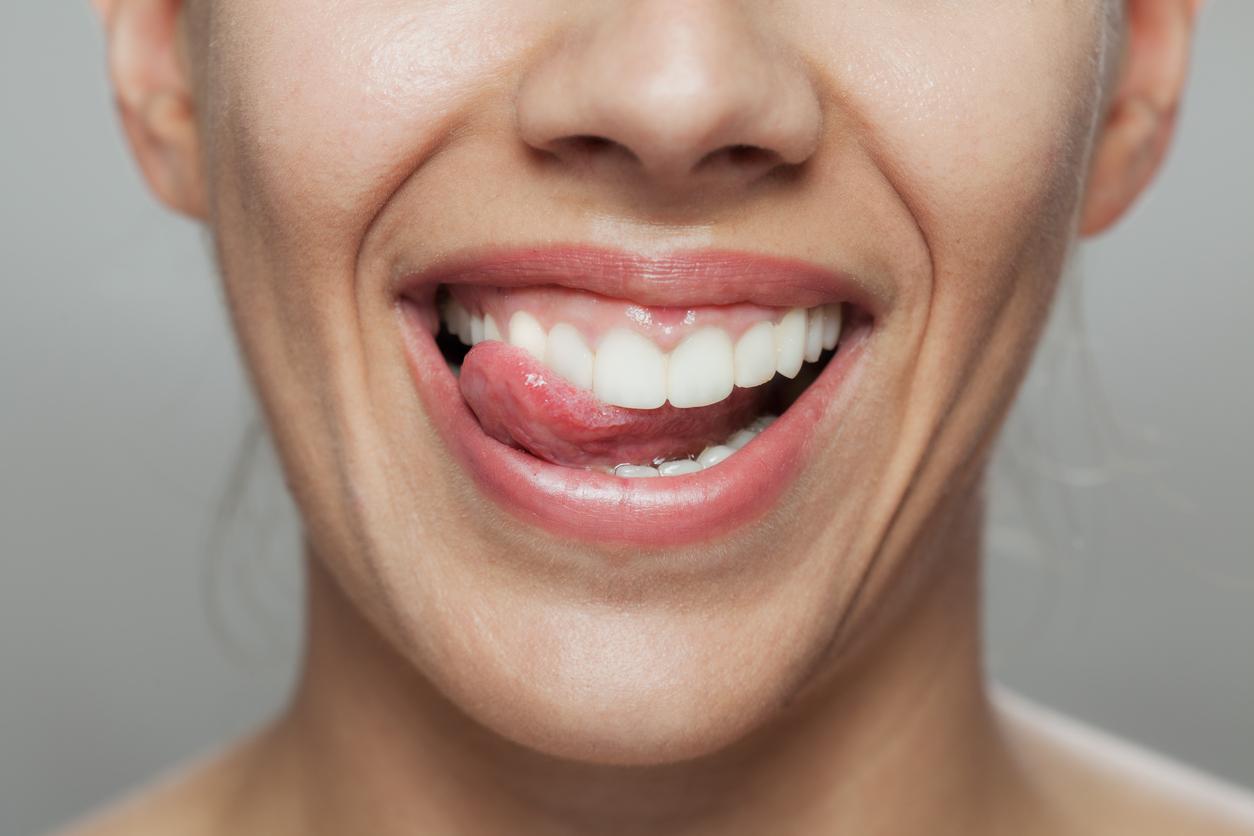Taking pro- and prebiotics could make people more sensitive to fairness.

- A recent study found that taking pro- and prebiotics increased participants’ willingness to forgo monetary gain when they were treated unfairly.
- These behavioral changes were linked to levels of certain amino acids in the blood, particularly tyrosine, a precursor to the neurotransmitter dopamine.
- According to the authors, these findings help to understand why human beings sometimes act “irrationally.”
What if the microorganisms present in our intestines influenced our social-emotional behavior? This was suggested by a study whose results were published in the journal PNAS Nexus. As part of this work, scientists from the Pitié Salpêtrière Hospital (France) and the University of Bonn (Germany) wanted to know if modifying the composition of the intestinal microbiota could influence social decision-making, especially in situations where people must choose between self-interest and “altruistic punishment”, that is, whether to let injustice pass or sacrifice personal gain to teach others a lesson. perpetrator of the offense.
Greater sensitivity to social considerations after taking pro- and prebiotics
To carry out their work, the researchers recruited 101 healthy men. Half the group received pro- and prebiotics (a combination of Lactobacillus and Bifidobacterium) for seven weeks. The rest of the volunteers took placebos. Before and after taking the supplements, participants were asked to play the “ultimatum game.” In the latter, a player receives a sum of money and must decide how to share it with a second player. The problem ? If the responder rejects the offer, neither player receives anything. Here, the rejection of an unfair offer is interpreted as “altruistic punishment”, since the player who rejects the offer sacrifices the small share offered to him to punish the first player for his lack of generosity.
According to the results, people who had taken pro- and prebiotics were more likely to reject the offers. Clearly, the volunteers, whose composition of the intestinal microbiota was modified to reach a state considered healthier, became less rational and more sensitive to social considerations. The group given a placebo showed no such change. “This alteration in social decision-making was linked to changes in fasting plasma levels of the dopamine precursor tyrosine, proposing a potential mechanistic link along the gut-microbiota-brain-behavior axis,” can we read in the study.
Intestinal microbiota: results to be confirmed in other demographic groups
In the conclusions, the authors indicated that this research focused on a specific population and a particular social scenario. Further work is therefore needed to determine whether these results apply to other demographic groups and other real-world situations.















